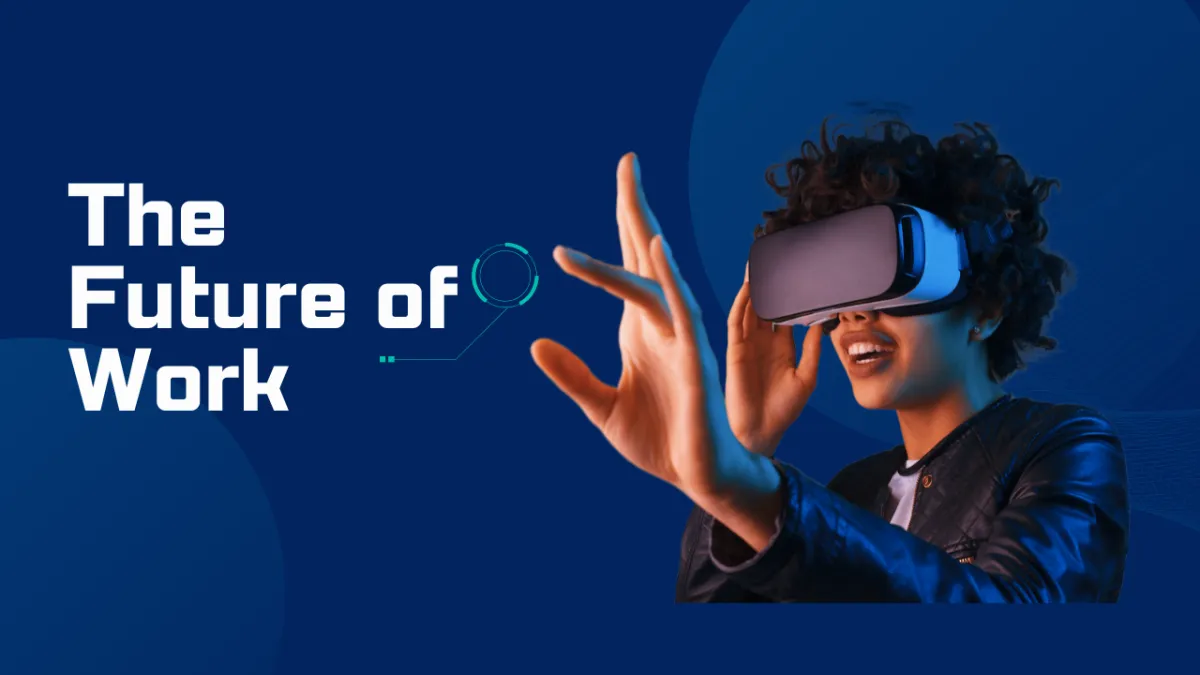
🚀👨💻 The Future of Work: How to Prepare for the Emergence of New Technologies 💡🌟
“The only way to make sense out of change is to plunge into it, move with it, and join the dance.” - Alan Watts
Today, we're going to take a closer look at the future of work and how emerging technologies are reshaping the workplace.
Advancements in technology are changing the way we work and communicate, and this is only going to accelerate in the coming years. Here are some of the emerging technologies that are set to transform the workplace:
Artificial Intelligence:
Artificial intelligence (AI) is already being used to automate repetitive tasks and improve decision-making processes in the workplace. As AI continues to evolve and become more sophisticated, we can expect to see even more innovative applications, such as chatbots and virtual assistants.
Virtual and Augmented Reality:
Virtual and augmented reality (VR and AR) are transforming the way we interact with information and each other in the workplace. From virtual meetings to training simulations, VR and AR are enabling more immersive and engaging experiences that improve learning and productivity.
Internet of Things:
The Internet of Things (IoT) is connecting devices and sensors in the workplace, enabling real-time monitoring and data analysis. This data can be used to optimize workflows, improve efficiency, and reduce costs.
Robotics and Automation:
Robots and automation are becoming increasingly prevalent in the workplace, from manufacturing to healthcare. As these technologies continue to advance, we can expect to see even more sophisticated and capable robots that can perform a wider range of tasks.
Cloud Computing:
Cloud computing is transforming the way we store, access, and share information in the workplace. By enabling access to data and applications from anywhere, cloud computing is improving collaboration and productivity while reducing costs.
As these technologies continue to evolve and become more accessible, we can expect to see even more transformative applications in the workplace. Here are some of the potential benefits and challenges of these emerging technologies:
Benefits:
Improved productivity and efficiency
Enhanced communication and collaboration
Reduced costs and increased profitability
Greater flexibility and remote working opportunities
Improved employee satisfaction and engagement
Challenges:
Disruption to existing workflows and processes
Potential job loss and workforce displacement
Data privacy and security concerns
Integration challenges with legacy systems
Lack of skilled workers to implement and manage new technologies
As these technologies continue to evolve and become more accessible, it is important to prepare for the changes they will bring. Here are some ways readers can be prepared for the future of work:
Stay Informed:
Keep up to date with the latest advancements and trends in emerging technologies. This can be done through attending industry events, subscribing to relevant newsletters (like this one), or following thought leaders on social media.
Develop New Skills:
New technologies will require new skills. Take the time to learn new programming languages or software that are relevant to your industry. This will make you more valuable to employers and ensure you are well-positioned for future job opportunities.
Embrace Lifelong Learning:
The pace of technological change means that learning is no longer confined to just the early stages of one's career. Make a habit of continuous learning by taking online courses or attending workshops that cover emerging technologies and their applications.
Be Agile:
The future of work will require agility and adaptability. Be open to change and new ways of working, and be prepared to adjust your skills and expertise as the workplace evolves.
The future of work is being shaped by emerging technologies that are transforming the way we work, communicate, and collaborate. By staying informed, developing new skills, embracing lifelong learning, and being agile, readers can position themselves for success in a rapidly changing job market.
That's all for this week's newsletter. We hope you found this information helpful, and we'll be back next week with more insights and analysis on the latest trends in technology and business.

